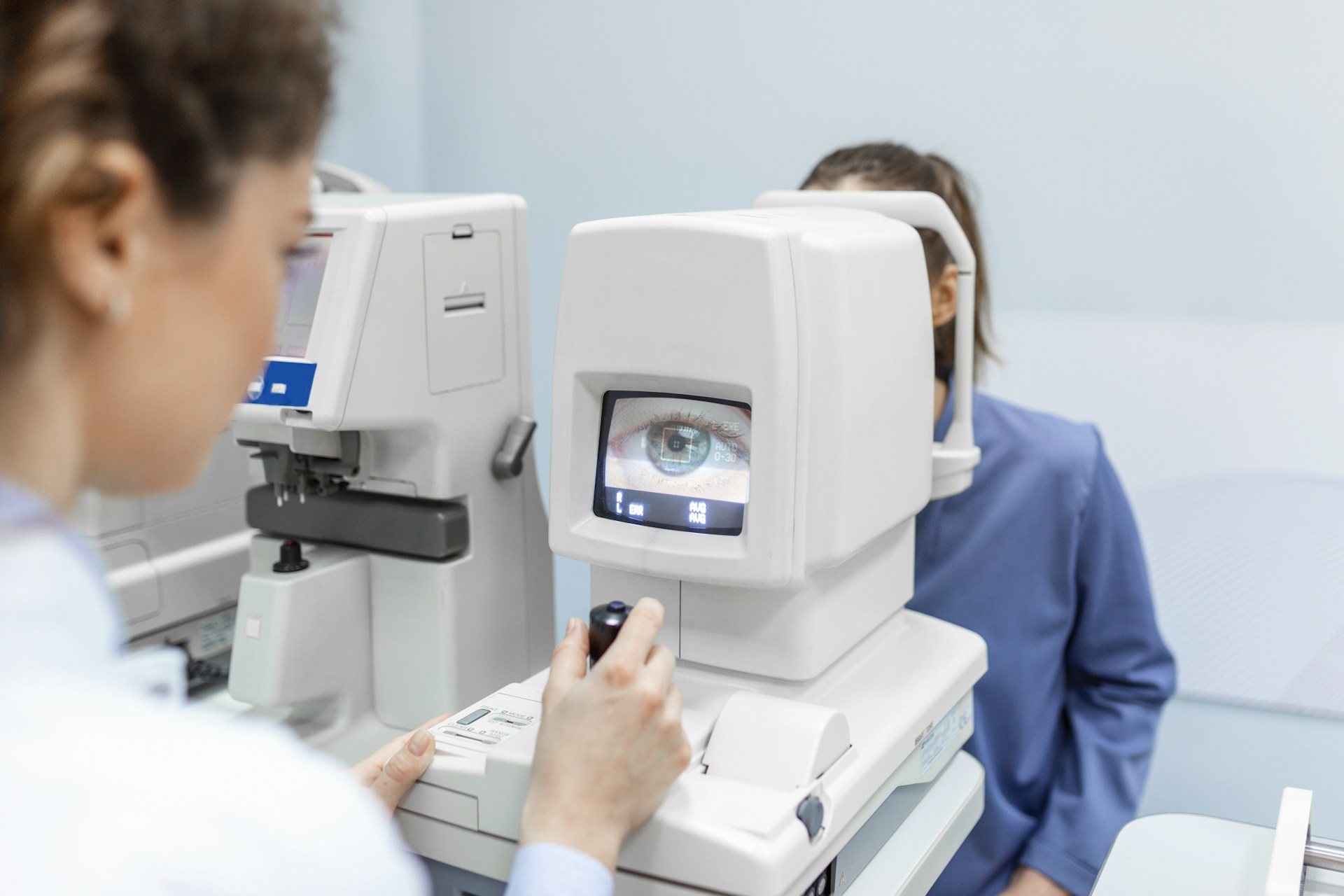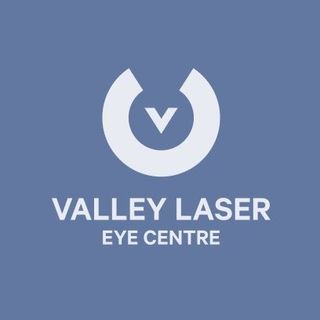When maintaining healthy vision, we often think of regular eye check-ups, wearing appropriate corrective lenses, and taking breaks from screen time. However, one factor that is frequently overlooked is nutrition. Our diet is pivotal in sustaining overall health, including our eyes.
The food we consume can directly affect the functionality of our eyes. Certain nutrients, including vitamins A, C, and E, beta-carotene, omega-3, lutein, zeaxanthin, and zinc, are particularly important for maintaining and enhancing vision. These nutrients help protect against harmful light, slow the progression of age-related macular degeneration and cataracts, and maintain healthy eye tissues.
However, in the hustle and bustle of modern life, ensuring we get all the necessary nutrients can be challenging. Fast food, convenience foods, and the abundance of unhealthy options can easily lead us to neglect the health-giving foods required for good eye health.
At Valley Laser Eye Centre, we understand that your vision’s health is paramount. Our team of reputable and experienced professionals in Abbotsford, BC, provides a comprehensive approach to vision care, which extends beyond the services our clinic offers. It encompasses providing valuable information to help you make lifestyle choices beneficial to your eye health.
With this in mind, the following sections will delve into the different nutrients that help maintain healthy eyes, their food sources, and how to incorporate them into your daily meals. Paired with regular eye examinations and check-ups, making nutrient-rich foods a part of your daily diet plan can contribute to sustaining your overall vision health.
Key Nutrients for Healthy Eyes
There are several essential nutrients for maintaining good eye health and preventing eye diseases. Here, we will discuss these nutrients and their roles in protecting and supporting our vision.
- Vitamin A: This crucial nutrient helps maintain the eye’s outer surface, known as the cornea, and has been linked to decreasing the likelihood of night blindness and age-related macular degeneration (AMD).
- Vitamin C: Acting as an antioxidant, vitamin C protects the eyes from free radicals, which can damage or destroy healthy cells. It is also linked to reducing the risk of cataracts and slowing the progression of AMD.
- Vitamin E: Also functioning as an antioxidant, vitamin E is beneficial in reducing the progression of AMD and cataract formation.
- Omega-3 Fatty Acids: These essential fats contribute to the retina’s proper functioning and could help prevent dry eye syndrome, reducing the risk of AMD and glaucoma.
- Lutein and Zeaxanthin: Both of these nutrients act as antioxidants, protecting the eyes from harmful blue light and reducing the risk of developing AMD and cataracts.
- Zinc: This vital nutrient supports the retina’s health and is linked to the prevention of AMD and night blindness. Zinc also aids in the absorption of other essential eye-health nutrients like vitamin A.
Nutritious Food Sources for Eye Health
To make the most of these essential nutrients beneficial to eye health, try incorporating the following food sources into your diet:
- Vitamin A: Food sources rich in vitamin A include carrots, sweet potatoes, bell peppers, spinach, kale, and cantaloupe melon.
- Vitamin C: This nutrient can be found in a variety of fruits and vegetables, such as oranges, strawberries, kiwi, grapefruit, broccoli, Brussels sprouts, and bell peppers.
- Vitamin E: Enjoy foods such as almonds, sunflower seeds, wheat germ oil, peanuts, and hazelnuts to boost your intake of vitamin E.
- Omega-3 Fatty Acids: Fatty fish like salmon, mackerel, tuna, sardines, and trout are excellent sources of omega-3. Chia seeds, flaxseeds, and walnuts are great plant-based options.
- Lutein and Zeaxanthin: Leafy greens like kale, spinach, and collard greens are perfect sources of lutein and zeaxanthin. It can also be found in broccoli, peas, corn, and orange peppers.
- Zinc: Zinc-rich foods include red meat, shellfish, poultry, whole grains, beans, nuts, and dairy products.
Dietary Tips for Optimum Vision Health
Prioritizing a well-balanced diet is essential for eye health. Here are some dietary tips for incorporating essential nutrients into your daily meals:
- Fill Half Your Plate with Veggies: Make sure a variety of vegetables, particularly leafy greens, account for half of your plate during each meal to ensure you’re getting a good dose of essential vitamins and minerals.
- Go for Whole Grains: Choose whole-grain options, such as whole wheat bread, pasta, and brown rice, to increase your intake of zinc and maintain a healthy diet.
- Incorporate Plant-Based Proteins: Opt for beans, nuts, and seeds as alternative protein sources that are also packed with beneficial nutrients like zinc and omega-3 fatty acids.
- Snack on Fresh Fruits: Swap out unhealthy snacks with vitamin-rich fruit options, like kiwi, oranges, or strawberries.
- Choose Fatty Fish: Aim to consume fatty fish at least twice a week to increase your intake of omega-3 fatty acids.
Eye-Health Supplements
While a balanced diet should provide most of the nutrients for healthy eyes, you may require supplements in certain cases. Consult with your eye care professional before starting any supplementation. They can guide you on the right supplements for your specific needs or refer you to a nutritionist for further guidance.
Keep in mind that supplements should not replace a healthy diet. They should only be used in addition to a balanced meal plan with the guidance of a certified professional.
Final Thoughts
Careful attention to your dietary choices produces long-lasting benefits for your eyes and overall health. By including nutrient-rich foods and practicing good dietary habits, you can protect your vision and maintain optimal eye health.
Always remember that regular check-ups and consultations with ophthalmologists in Abbotsford, BC, like the experts at Valley Laser Eye Centre, are crucial for monitoring your eye health and staying informed about the latest advances in vision care. Make nutrition a priority and invest in your vision health today!
Disclaimer: This blog post does not replace medical advice and should not be implemented before consulting a fully certified medical professional.





